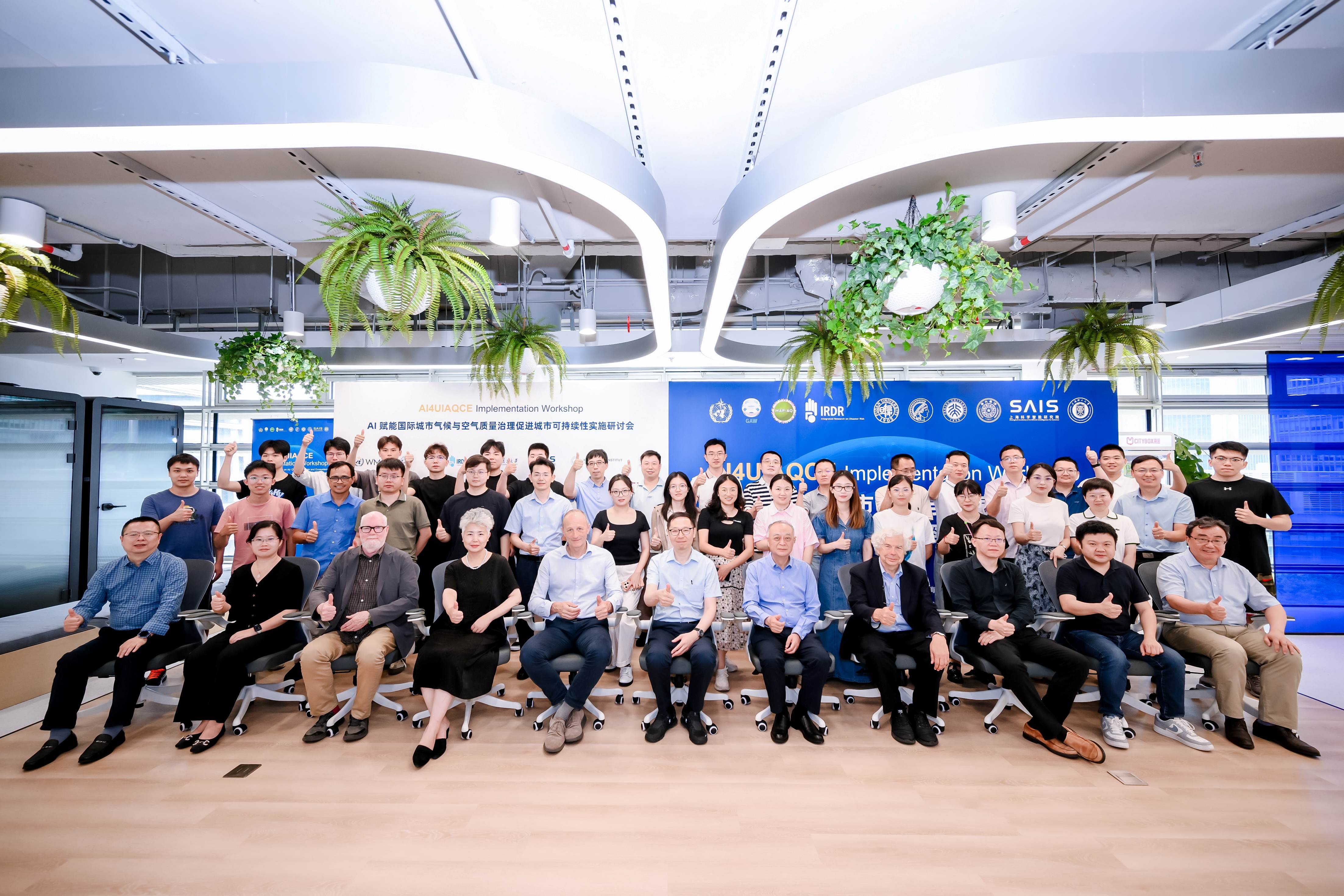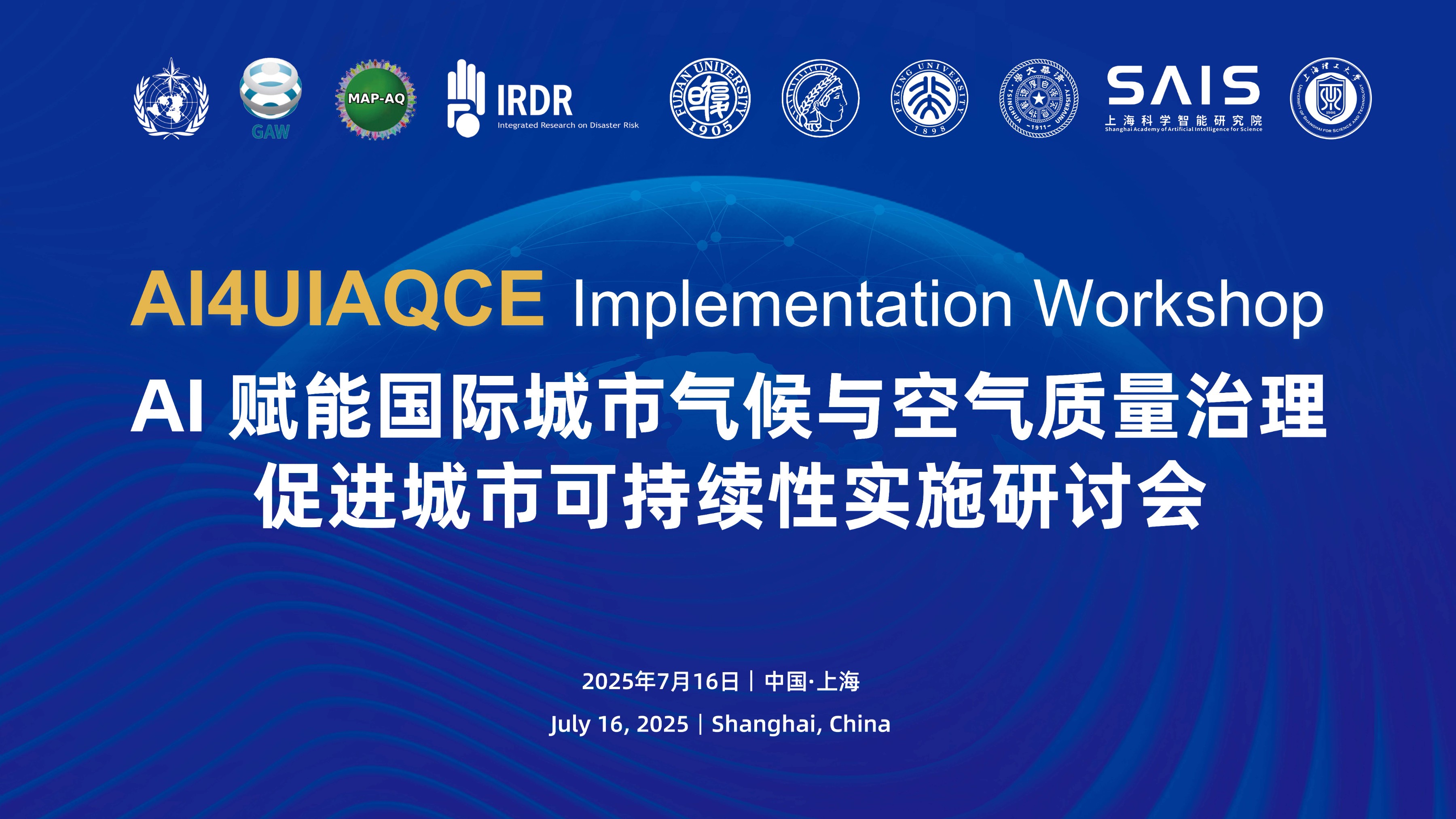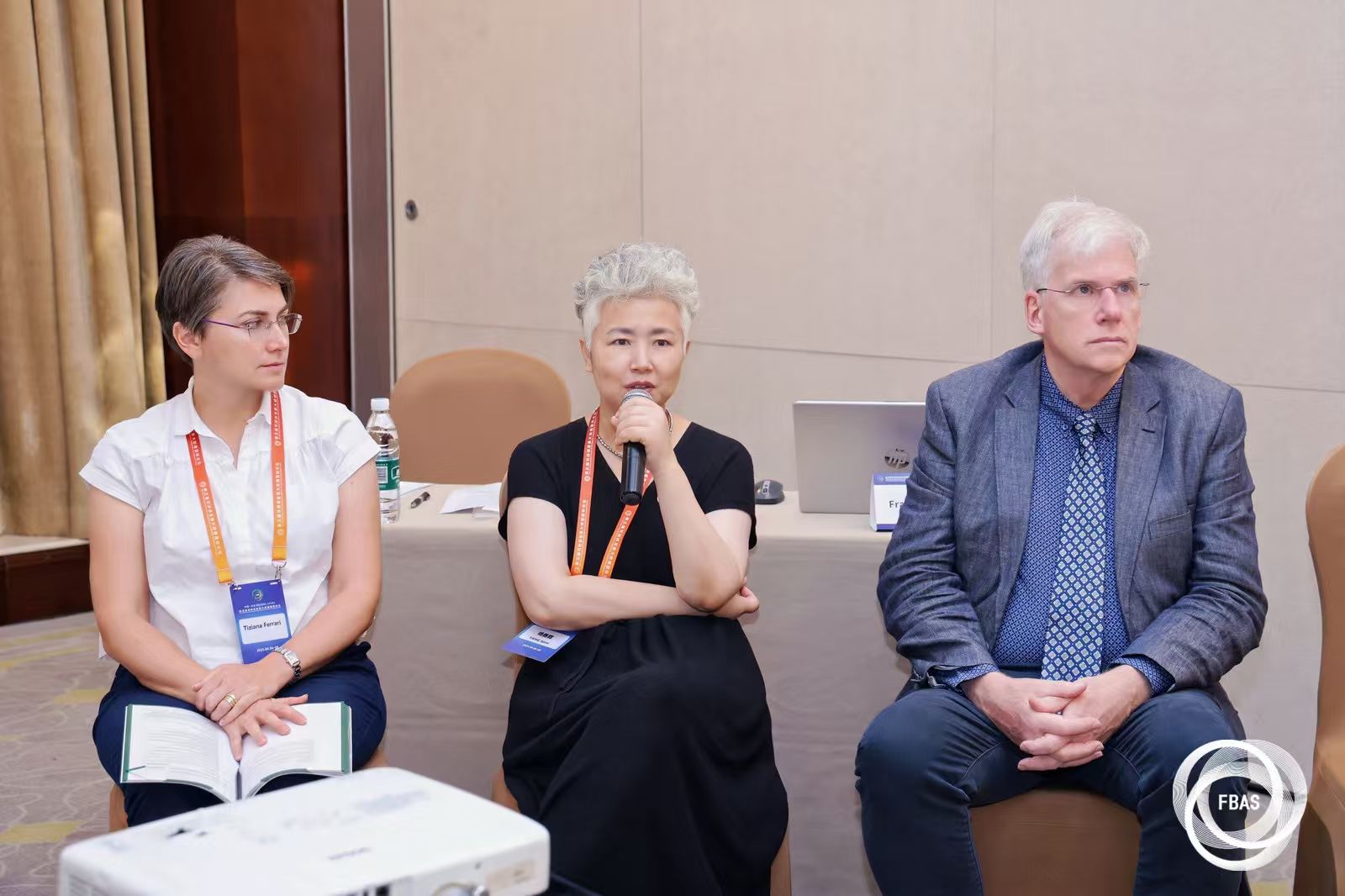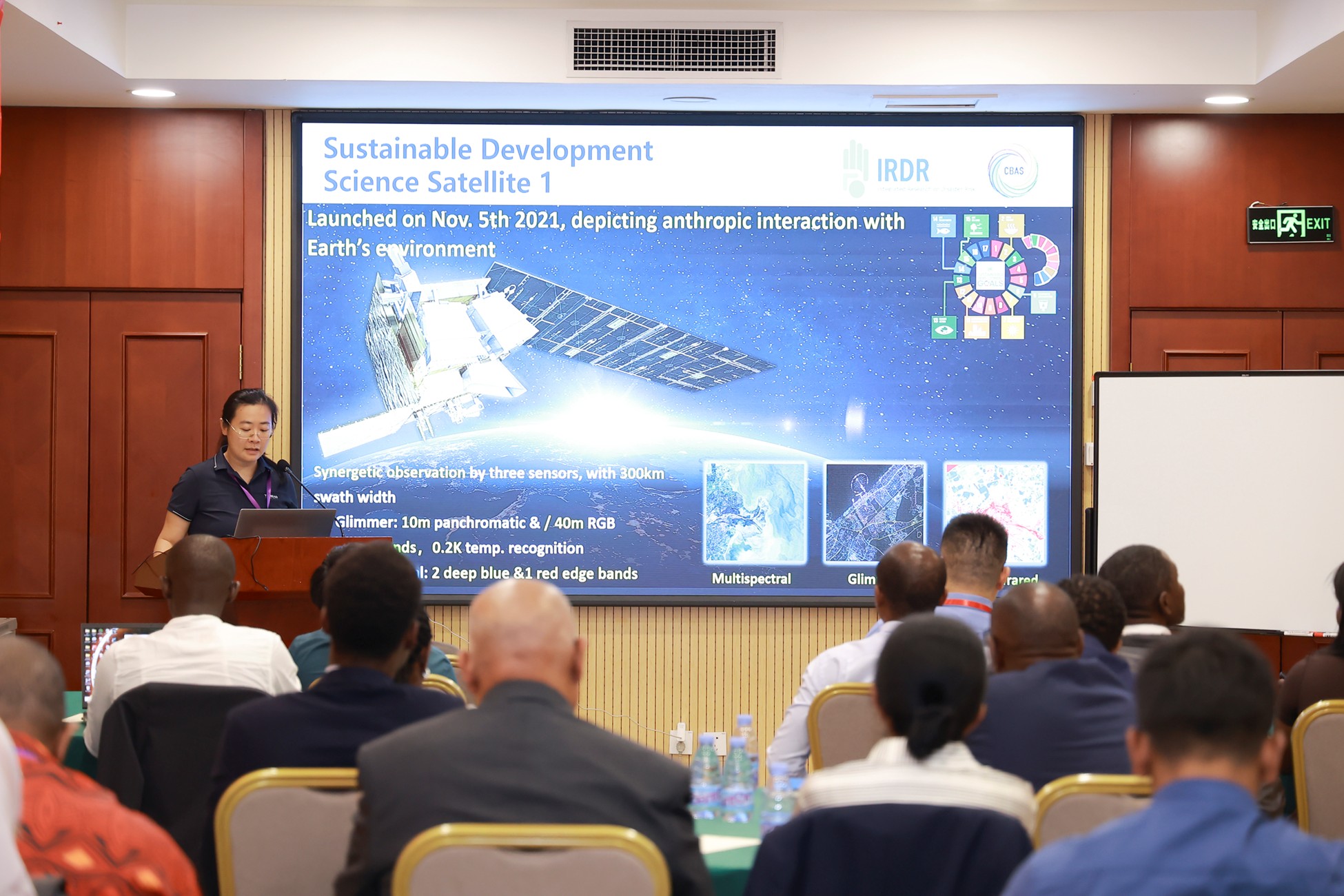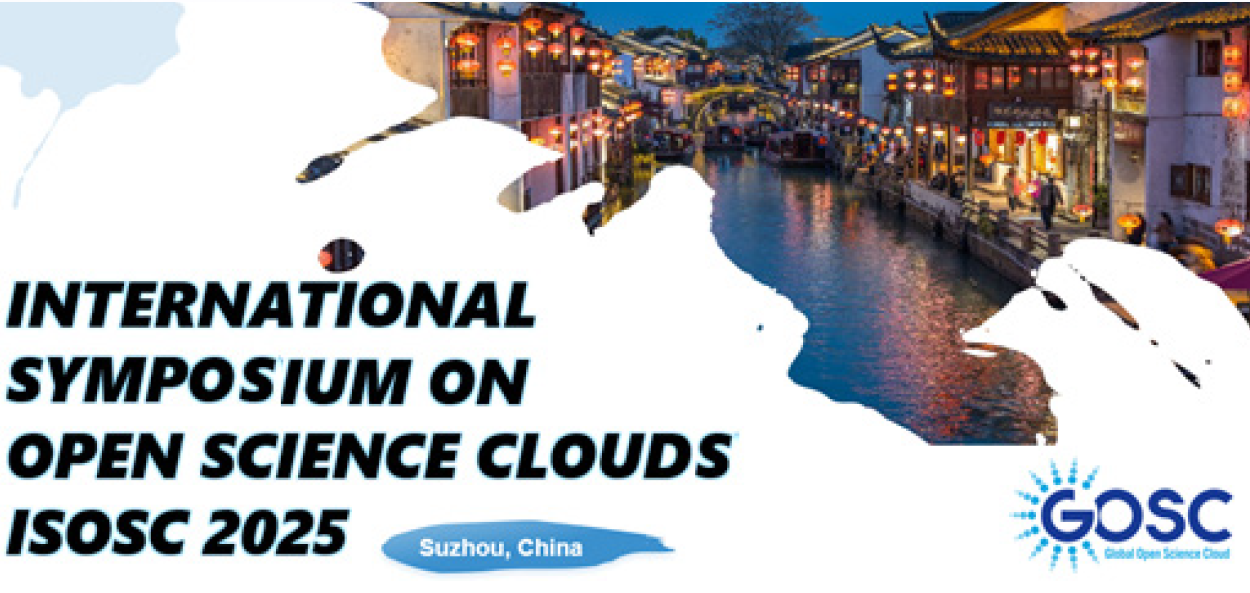IRDR played a key role in the "AI Enabling International Urban Sustainable Development Implementation Seminar", held on July 16, 2025, at the Shanghai Institute of Science and Intelligence. As a core supporter of the event, co-organised by Fudan University and the UN World Meteorological Organisation (WMO), IRDR helped shape discussions on AI’s transformative potential for resilient cities, reinforcing its commitment to science-based disaster risk reduction. The seminar also benefited from partnerships with the Global Atmosphere Watch (GAW) Programme and the MAP-AQ project.
The spotlight was on the AI for Urban Integration on Air Quality, Climate, and Ecosystems (AI4UIAQCE) initiative, an AI-powered framework designed to strengthen urban climate adaptation, emissions monitoring, and ecosystem governance. With over 70 experts from 40 global institutions in attendance, the event highlighted IRDR’s key role in bridging cutting-edge technology and policy implementation.
Dr. Tang Xu, the Executive Director of IRDR International Centre of Excellence (ICoE) on Risk Interconnectivity and Governance on Weather/Climate Extremes Impact and Public Health, outlined the initiative’s roadmap, positioning it as a GAW-endorsed model for integrated urban strategies. Technical sessions featured breakthroughs from institutions like Fudan University, while six pilot cities, including Shanghai, Hong Kong, Vienna, Jakarta, and St. Paul (Brazil), shared implementation strategies, highlighting adaptability across diverse climates. Shanghai’s pilot underscores China’s commitment to AI-driven green governance.
Experts stressed the need for AI integration across urban decision-making, from modelling to real-time monitoring. IRDR views AI4UIAQCE as a benchmark initiative that bridges research, innovation, and governance, offering scalable, adaptive solutions for cities worldwide. Participants agreed on the importance of deepening collaboration, forming a scientific steering committee, and encouraging more cities and organizations to join the implementation network.
